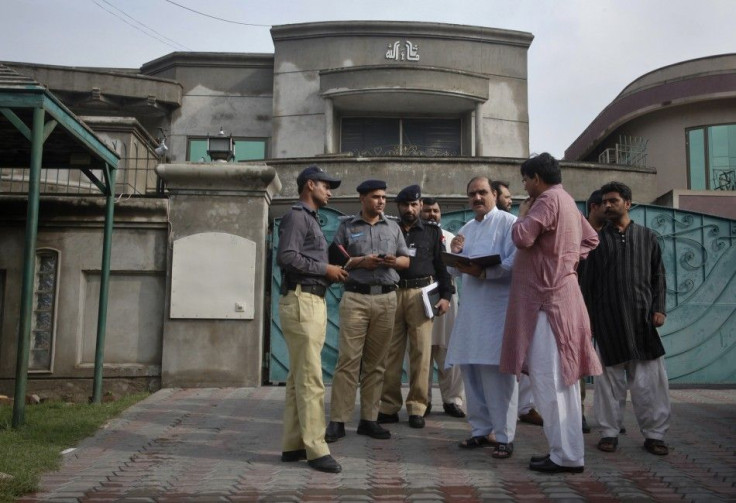US Orders Staff To Evacuate From Lahore Consulate Citing Specific Terror Threats To Mission; Issues Fresh Travel Alert Against Travelling To Pakistan

The U.S., on Thursday, ordered all non-emergency staff to leave its consulate in Lahore, Pakistan, citing specific threats to its diplomatic missions in the country. The U.S. Department of State, in a statement, also warned its citizens to defer “all non-essential travel to Pakistan.”
“The Department of State ordered this drawdown due to specific threats concerning the U.S. Consulate in Lahore... The presence of several foreign and indigenous terrorist groups poses a potential danger to U.S. citizens throughout Pakistan,” the statement said.
The development has come amid a worldwide alert on possible terror attacks, based on intercepts of communications between al-Qaeda operatives. The state department also instructed its staff in Lahore to maintain a low-profile and to limit the frequency of travel and minimize the duration of trips to public markets, restaurants and other locations in the city.
“Threat reporting indicates terrorist groups continue to seek opportunities to attack locations where U.S. citizens and Westerners are known to congregate or visit. U.S. citizens in Pakistan are strongly advised to avoid all protests and large gatherings,” report said.
The statement also advised U.S. citizens who travel to, or remain in, Pakistan despite the travel alert to enroll with the embassy in Islamabad or the Consulates General in Karachi, Lahore, or Peshawar.
The latest warnings come after the U.S., last week, closed its diplomatic missions in 19 countries in the Middle East and Africa, based on messages between al-Qaeda leader Ayman al-Zawahiri and Nasser al-Wuhayshi, head of its Yemen affiliate. The intercepts of the electronic conversation between the two leaders hinted at an imminent attack, but did not reveal any specific details.
Britain, France, Germany and Netherlands also have closed their diplomatic missions in Yemen's capital city, Sana'a, until Saturday.
© Copyright IBTimes 2025. All rights reserved.






















